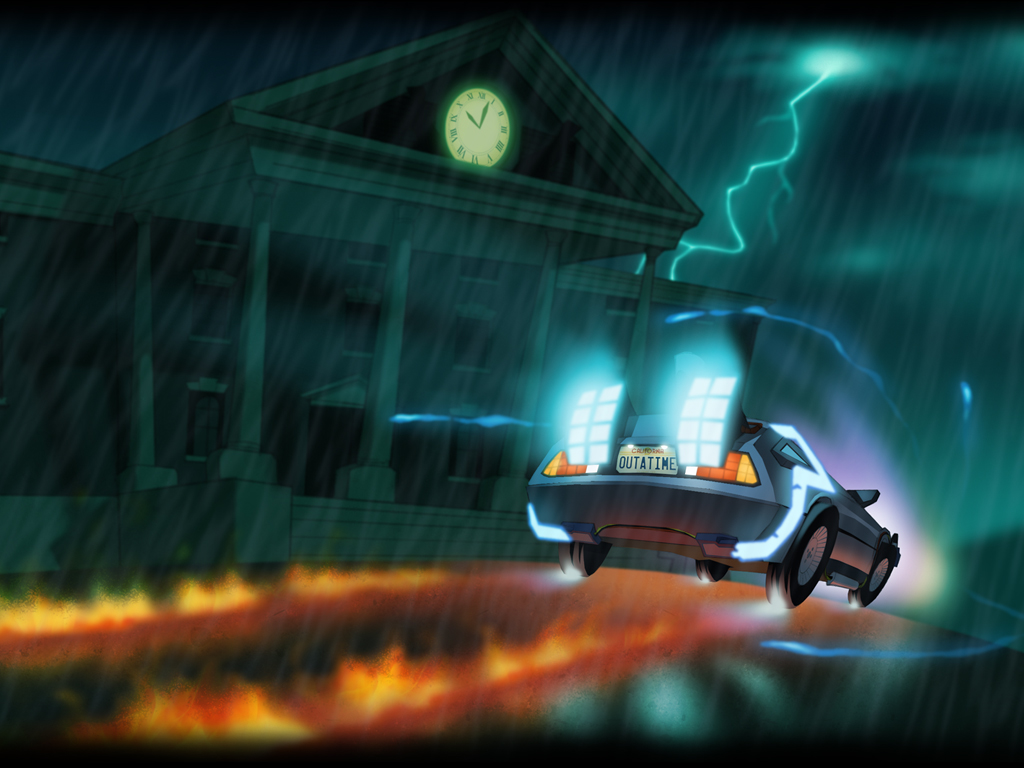

Brown test a time machine, that the scientist has built into a sports car of the type DeLorean DMC-12.


The trilogy is pretty much perfect as it is, and we don’t need a fourth installment dragging things down, especially for the reasons that Gale illustrates.įor more from our interview with Gale, check out this week’s episode of The Collider Podcast.The movie: It is the 26th October 1985 when Marty McFly and his friend scientist Dr. We don’t need a fourth Back to the Future movie. We have an understanding with Spielberg and Amblin that there would never be another Back to the Future movie without our blessing or being involved. Then he went into an explanation about the rights: And as proud parents, we’re not going to sell our kids into prostitution.’” Universal says to us, ‘You’d guys would make a whole lot of money,’ but we’re like, ‘Well, we’ve already made a whole lot of money with these movies, and we like them just the way they are. We didn’t want to be those guys who did a movie that was basically a moneygrab. And we’ve seen this repeatedly with sequels that go back to the well after many, many years, and they go ‘Ah, well, The Phantom Menace, maybe my life would have been better if I hadn’t seen it.’ There are a lot of extra sequels like that. People say, ‘Well, do it with somebody else.’ Really? Who are you going to get? All you’re gonna do is beg comparisons to the originals, and you’re not going to match up. Do we want to see Marty McFly at age sixty with Parkinson’s Disease? Did we want to see him at age fifty with Parkinson’s Disease? I would say ‘No, you don’t want to see that.’ And you don’t want to see Back to the Future without Michael J. Fox, who will be sixty next year, and he has Parkinson’s Disease. If we went back and made another one, we’d have Michael J. “We told a complete story with the trilogy. Gale explained there was a creative aspect and then the rights aspect.


 0 kommentar(er)
0 kommentar(er)
